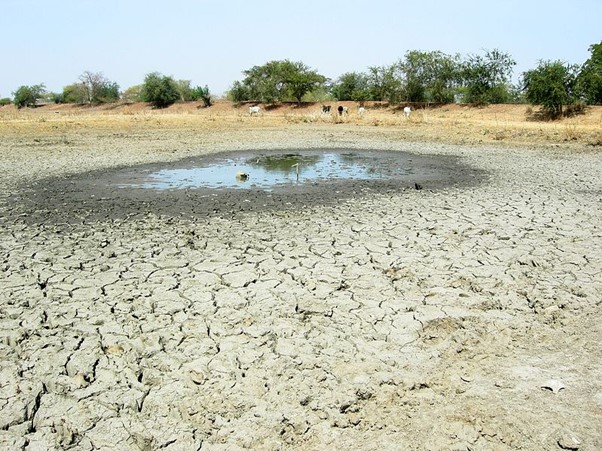Water Abstraction – or is it theft?
If too much water is removed from a site, nearby wells start to run low or even run dry. People who depend on these wells for their own use would be seriously impacted as a result. We don’t call this water theft because we don’t have water charges in Ireland. However, across the world it is seen as theft, as reported by the World Economic Forum[1].
This “removal” – we will call it for now, it also has ramifications for the biodiversity in our environment. If water levels fall too low, the water body itself might heat up much quicker, which could lead to fish death and sensitive species, like mayflies and dragonflies, might start to die off.
The climate crisis creates a situation whereby water removal activities are having increasingly more serious impacts.
As much as half the world’s water supply is being stolen, with agriculture responsible for much of that, according to a new study. A recent publication in the journal Nature Sustainability,[2] says thieves steal between 30% and 50% of the planet’s water supply every year. Overhauling legal and political frameworks could protect precious water supplies, they say. The theft of water includes: using treated drinking water without paying for it, and taking water from natural sources in breach of environmental guidelines. Agriculture, which accounts for 70% of global water use, is often to blame.[3] Uncertainty about water supplies, caused both by human actions and natural variations in rainfall, is also one of the key drivers of water theft, the study suggests.[4]
Could the latter be a reason in Ireland for the low value with which water is held. With climate change, greater regulation on abstraction is needed in order to ensure sufficient supplies are available, the ecosystem is not impacted, and valuable treated water is not taken for granted.
Image: Burkina Faso: dry pond in Dourtenga, GNU Free Documentation License,
[1] https://www.weforum.org/agenda/2020/09/global-water-theft-report-agriculture/
[2] https://www.nature.com/articles/s41893-020-0589-3
[3] https://www.theguardian.com/environment/2019/oct/29/the-fight-over-water-how-nestle-dries-up-us-creeks-to-sell-water-in-plastic-bottles
[4] https://www.sciencealert.com/up-to-half-the-world-s-water-is-stolen-but-there-are-ways-to-fix-the-problem

